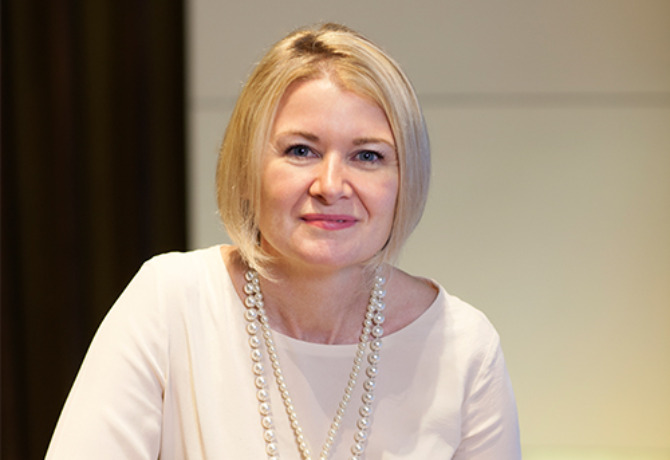Ambitious executives need to experience living and working in multiple markets to develop the skills global brands now expect from their media agency partners, says Helen Brown, global HR and chief talent officer at MediaCom.
Mobility in marketing services has changed. In the old days, an executive from the UK or the US would be parachuted in on an expensive package to lead a local team in some far-flung part of the world. A few years later, they would move on and the process would start again.
Then again, for many of the industry’s brightest and best, it was still possible to develop a great career without bothering with the world outside your own market.
Today, marketing services has change and business is increasingly assigned on a global or regional basis. Even in an age of virtual meetings and connectivity tools, the needs of our clients have encouraged MediaCom to invest heavily in moving more of our people all over the world.
In 2014, we moved more than 120 people, nearly three times what we achieved in 2013, which was again a near 100% increase on what happened in 2012.
This investment is a recognition of what global mobility means for our industry, and how it can benefit our employees, our company and our clients.
We’ve made it clear to our most ambitious people that in the future spending time in another market is going to be a must-have
For a start, we’ve made it clear to our most ambitious people that in the future spending time in another market is going to be a must-have if they want to be considered for some of our global top jobs.
In a move away from historic expat packages, we’ve made skills and experience rather than place of birth our priority, so the same salary is awarded for each role regardless of whether the applicant is local or an expat. We want the best people to apply wherever they come from but we also want to ensure they do not have a salary advantage over local employees doing a similar role.
We’ve also made global mobility more accessible. We have invested in a central mobility team who work across all markets matching roles to employees.
Fresh perspectives
So why are we doing this? Mobility helps us enhance our workforce. It creates fresh perspectives and exposes our people to new brands, consumers and in some case channels (or the use of channels), all of which brings about career development, cross-market and cultural learnings, which help us create more innovative and insightful campaigns for our clients.
It helps us ensure that the best person for the job gets it, regardless of where they come from. India, for example, not only has some of the most highly qualified individuals in our network, people with PhDs and MBAs, but also a great willingness to see what the rest of the world can offer for their careers and their families.
Recent moves include people shifting from Sydney to LA, Beijing to Toronto, India (via Guangzhou) to Johannesburg, Madrid to Mexico City and Singapore to London at a variety of levels within the company.
Mobility thinking also ensures we build greater understanding of our clients’ target consumers. We are investing heavily in cultural learning programmes, designed to ensure that both our global teams and the people we move, have a clear understanding of the motivations and likely responses of clients and colleagues in all parts of the world.
In a business defined by talent, global mobility is more important than ever
Mobility remains beneficial for skills transfer and talent development in emerging markets, It is helping us boost our efforts to win business from global clients in Africa by bringing people who understand our tools and systems into markets where they haven’t been used before.
Such moves can be temporary, to help initiate local teams in the ways that global brands like to work and the systems they use, where the appointment is with a client we already work with elsewhere.
In a business defined by talent, global mobility is more important than ever. It helps put the best people on the job, wherever that job needs to be. It helps our leadership teams understand people better, wherever they might be based and it helps us deliver better service to our clients.
Today 7% of our employees are resident in a different market from the one they started working for us in. That’s nearly double the industry average and underlines the importance we place on global mobility.
No international career in media can be said to be complete without experience of living and working in another country.








